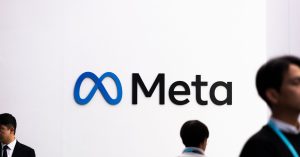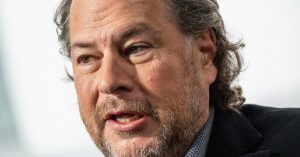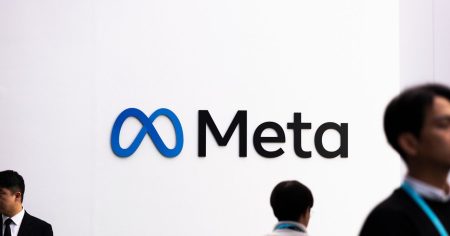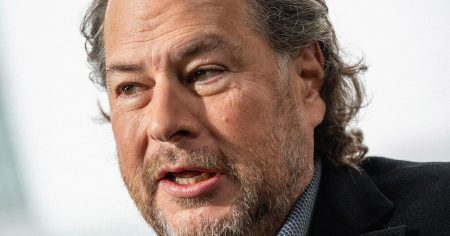On Thursday, US president Donald Trump signed an executive order to transfer ownership of TikTok’s US operation to a group of American investors, including Oracle cofounder Larry Ellison.
“I had a very good talk with president Xi. We talked about TikTok. He gave us the go-ahead,” Trump said during a White House press conference. He conceded that he’d gotten a bit of resistance from the “Chinese side.” By Thursday afternoon, the Chinese government had not issued an announcement acknowledging the deal.
Vice President JD Vance said the deal valued TikTok at around $14 billion. ByteDance was valued at $330 billion as of August. Both Trump and his treasury secretary, Scott Bessent, credited Vance as playing a pivotal role in brokering the agreement.
Larry Ellison, Michael Dell, and Rupert Murdoch are among the “four or five” American investors who will take over TikTok’s US operations, according to Trump. “Oracle is playing a very big part,” he said at the press conference. Vance noted the full list of investors will be released in the “days to come.”
Details of the deal are still unknown. “What this deal ensures is that the American entity and the American investors will actually control the algorithm,” Vance said during the briefing. “We don’t want this used as a propaganda tool by any foreign government.”
It’s unclear if ByteDance would remain in any way responsible for the operation of TikTok in the US. Up to this point, TikTok has been betting on Project Texas, a system designed to separate the data access of US- and China-based employees, to soothe national security concerns. But a global platform like TikTok inevitably requires different departments and geographical branches to access data from each other, making a clean separation unlikely. For many in Congress and in Washington more broadly, any ByteDance involvement in the new US TikTok would violate the law. On the flip side, if licensing essentially amounts to buying a copy of the ByteDance source code, it’s hard not to see that as a violation of Chinese law.
It’s also unclear whether US users will now be forced to migrate to a new app, and whether they’ll be served different content than TikTok users in the rest of the world.
Read the full article here










